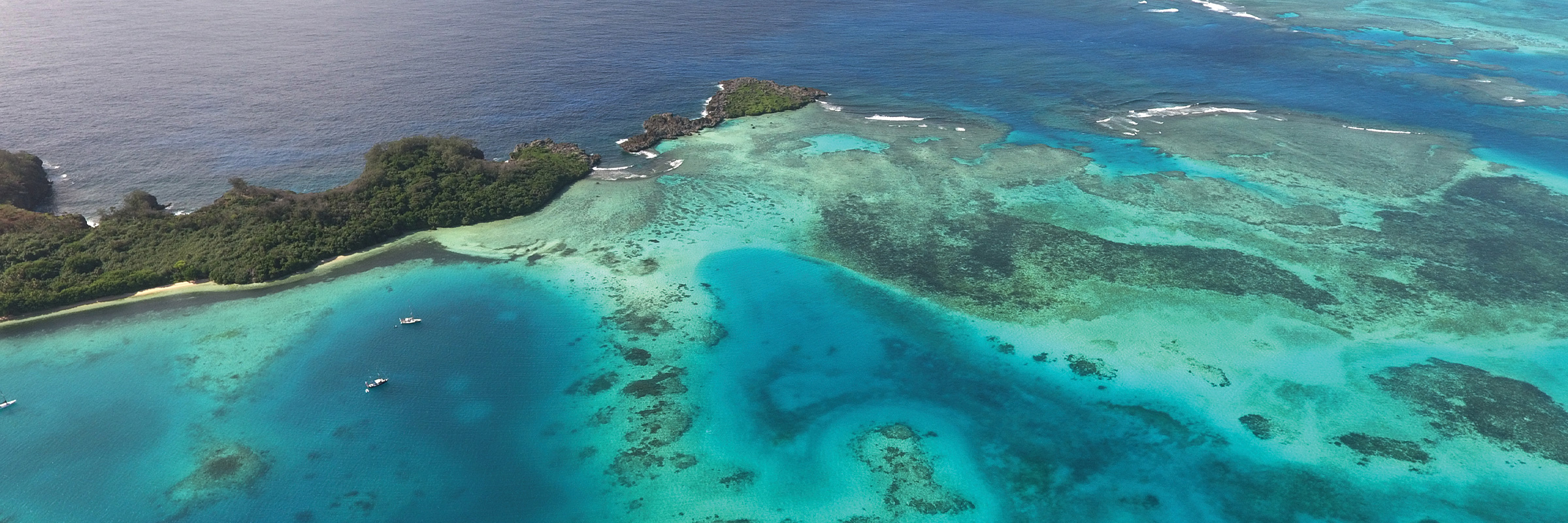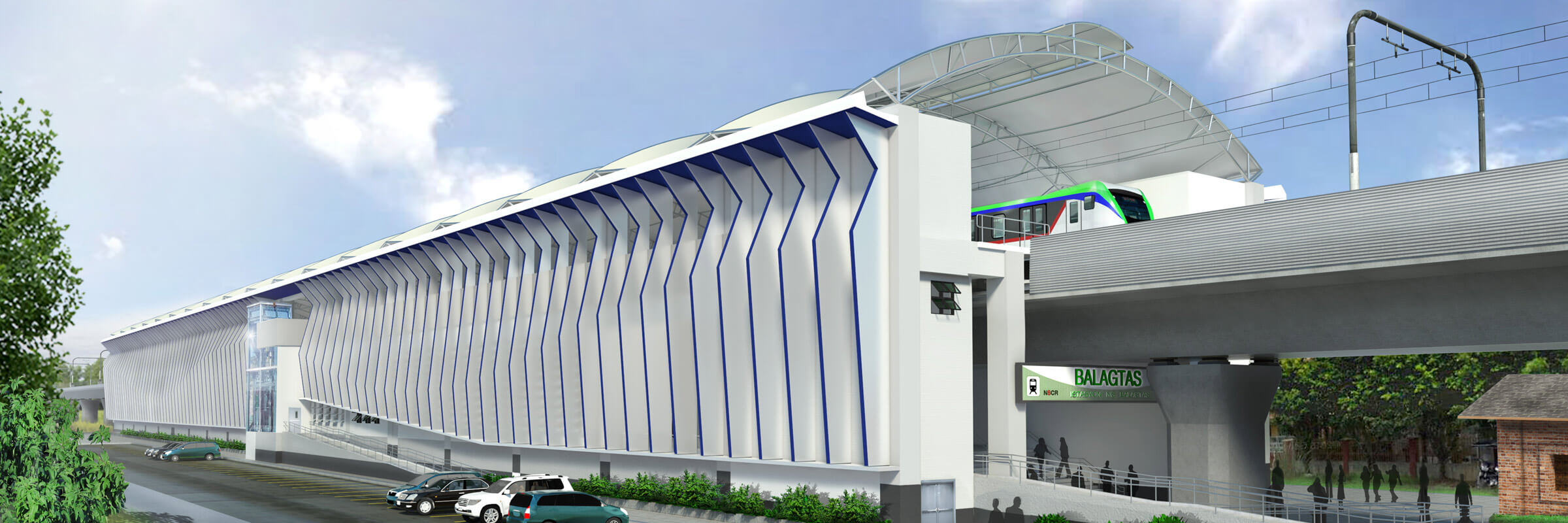
5
M ($)
$5 Million Climate Change Trust Fund established
21
Automatic weather stations
1400
+
People received climate science training


Ready
to
connect?
Talk to one of our specialists about our role on the Climate Resilience Sector Project.




